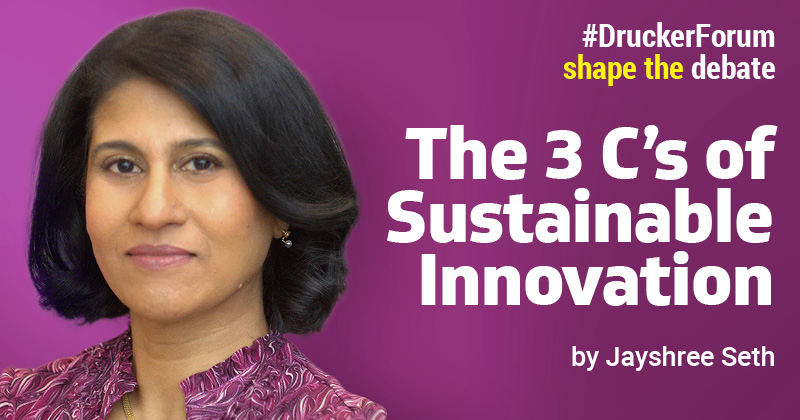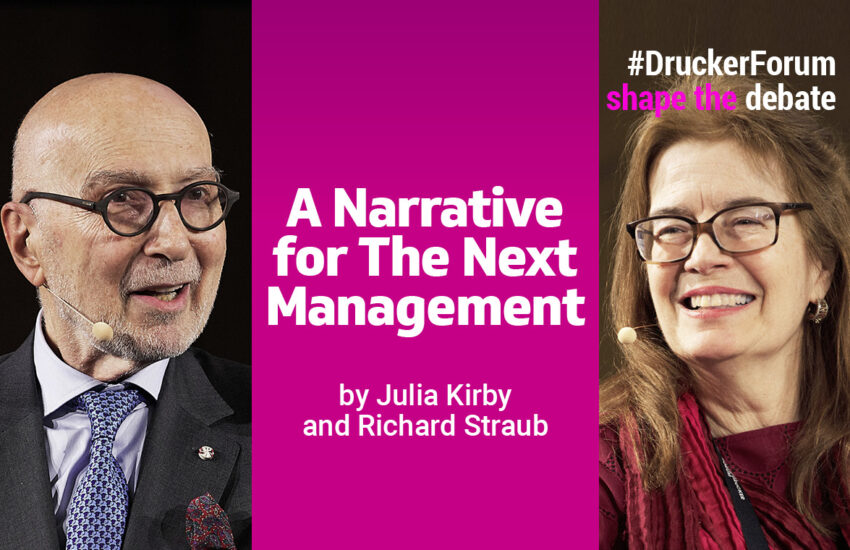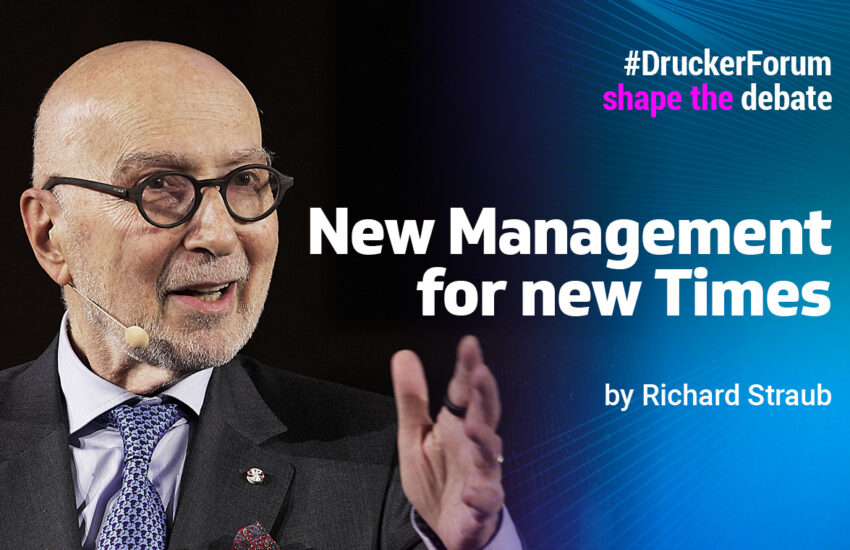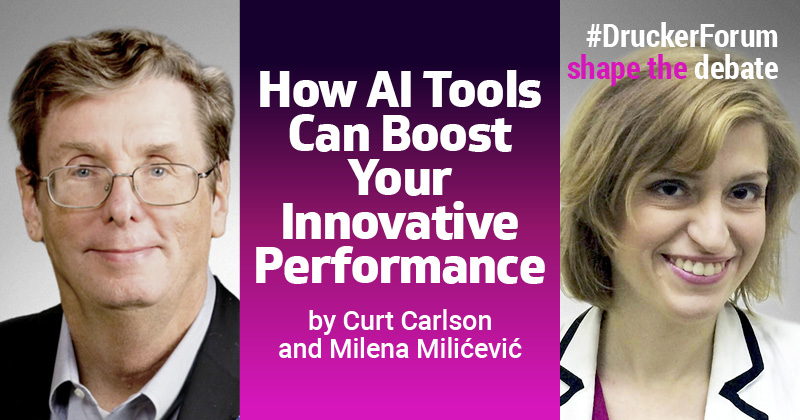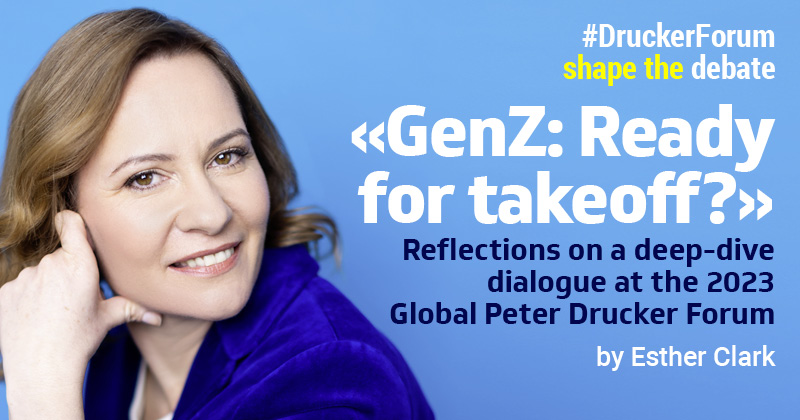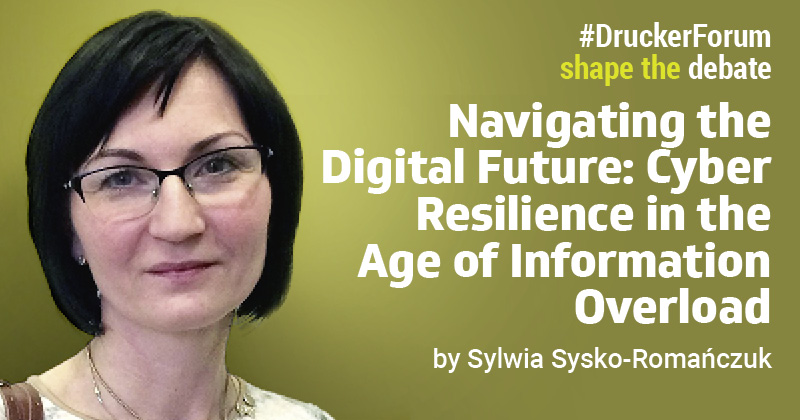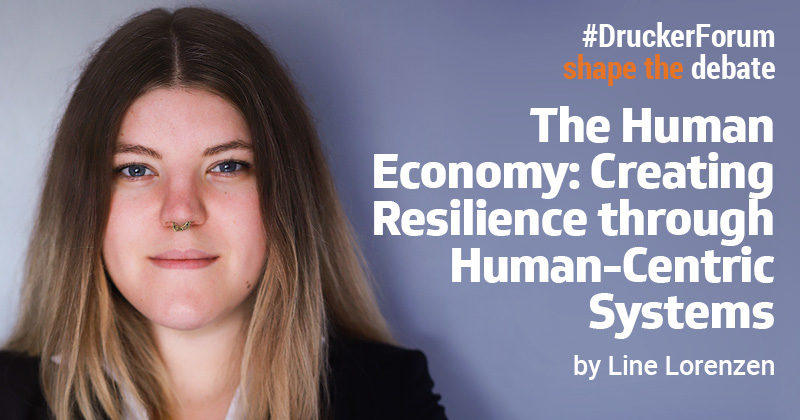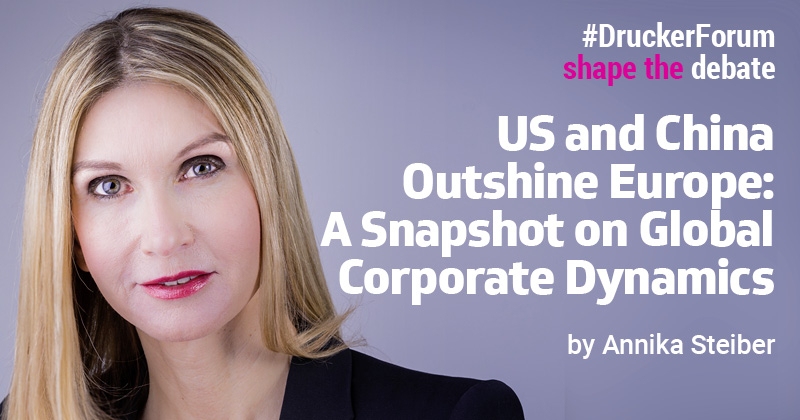Innovation has lost most of its potency through rampant misuse and overuse. Now is the time for innovation to return to its roots — ideas with real impact. The world needs sustainable innovation that considers the triple bottom line of people, planet, and profit – products services, processes, or business models that create long-term value by balancing economic, social, and environmental considerations. […]
Continue reading